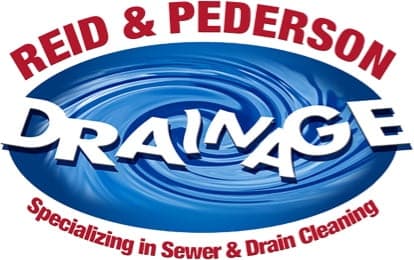5 Things to Never Put Down Your Drains
With the current global COVID-19 pandemic, many of us have found ourselves at home a lot more than usual, trying to find that perfect balance between work and family duties. But what you probably haven’t thought about is the pressure the extra time at home has put on your drains. In this article, our sewer and … [Read More]
